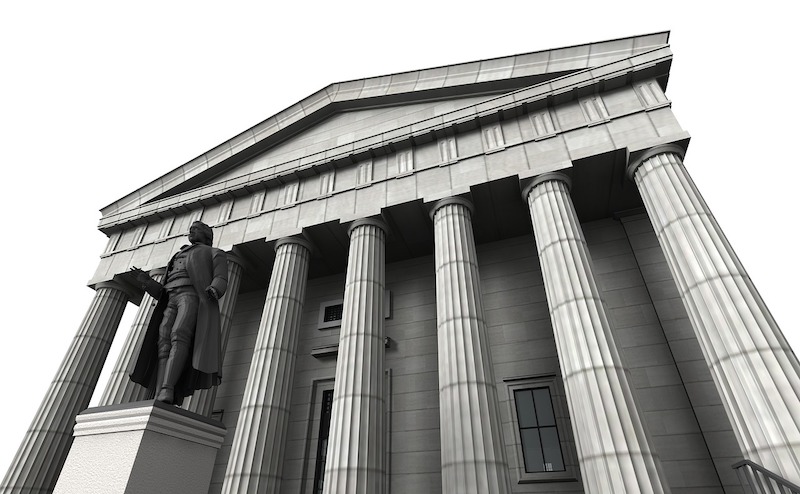A new study from Carnegie Mellon University found that LEED-certified federal buildings are not using less energy than non-certified federal buildings.
The finding may be due to trade-offs in how their energy score is developed with energy use being just one of many attributes examined by the LEED program. In some cases, owners and developers may trade off energy savings for other goals to improve design and comfort in buildings.
For example, energy consumption from sensors in water-efficient bathrooms and landscaping systems may reduce building energy efficiency. “If energy efficiency is the primary policy goal, LEED certification may not be the most effective means to reach that goal,” according to the study’s report.
Overall energy consumption also depends on usage. If the building is used more after a renovation, then more energy may be consumed.
The study examined 1990-2019 data from GSA’s Energy Usage Analysis System and the Green Building Information Gateway to consider the impact of LEED certification on federal buildings.
Related Stories
| Oct 25, 2012
Nashville providing incentives for green roofs
The city of Nashville, Tenn., is promoting the installation of green roofs through a measure providing a $10 reduction in a property's sewer fees for every square foot of vegetative roof.
| Oct 25, 2012
Net Zero buildings will use operating systems like computers to save energy
As buildings become more efficient and begin to use distributed electricity generation, they will need to become “smarter,” using operating systems much as a computer does.
| Oct 18, 2012
Princeton, N.J. residents upset over proposal to exempt colleges from land use laws
Princeton, N.J. residents criticized proposed legislation that would exempt private colleges and universities from following local land use laws for construction projects.
| Oct 18, 2012
Utah contracting firm challenges state immigration law
Universal Contracting LLC of American Fork, Utah, has filed suit challenging the constitutionality of Utah’s 2011 immigration law.
| Oct 18, 2012
More than 65,000 construction, design jobs may be cut if sequestration takes place
About $2 billion worth of construction and design projects would be eliminated if scheduled federal budget cuts, referred to as sequestration, take effect on Jan. 2, 2013.
| Oct 18, 2012
OSHA investigating parking garage collapse that kills four at Doral, Fla. college
OSHA is investigating the collapse of a five-story concrete parking garage under construction at Miami Dade College West Campus in Doral, Fla. that killed four workers and injured several others.
| Oct 18, 2012
EPA commercial building lead paint rule pushed back to 2015
The U.S. Environmental Protection Agency's inclusion of commercial buildings in a residential lead paint rule is being delayed until 2015.
| Oct 18, 2012
Chicago pushing green roofs to reduce heat island effect
The city of Chicago has mandated that all new buildings that require any public funds must be LEED certified, usually with a green roof.















